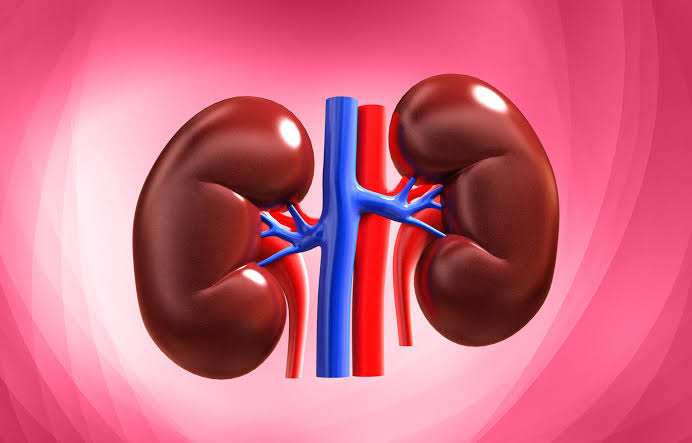Ludhiana, 8 January 2024 Sandeep Dhand : Understanding kidney damage from the color of urine involves recognizing the vital role kidneys play in maintaining a healthy balance of minerals like calcium, sodium, and potassium. They contribute to forming red blood cells and regulating water, salt, and urea excretion. Kidneys filter excess fluid, waste, and electrolytes, crucial for a balanced body. Disorders like diabetes and high blood pressure commonly contribute to kidney disease, with symptoms progressing gradually, including fatigue, altered urine color, and swelling. Chronic kidney disease signifies a decline in kidney function, impacting overall health. Proteinuria, excessive protein in urine, is a significant indicator often linked to high sugar levels. Kidneys’ role in filtering liquids results in urine color, typically ranging from pale yellow to darker shades. Any deviation from this norm, coupled with increased urination difficulties, may signal kidney issues, emphasizing the importance of monitoring urine characteristics for early detection and intervention.
Proteinuria, characterized by the presence of excess protein in urine, is a crucial indicator of kidney health. When an individual has high sugar levels, it often leads to proteinuria, highlighting the interconnectedness of kidney function and overall well-being. In cases where urine color deviates from the usual spectrum, appearing red, brown, or another unusual hue, and is accompanied by frequent, uncontrollable urination, it may indicate potential kidney problems.
Chronic kidney disease (CKD) poses a significant risk, with symptoms manifesting gradually, such as fatigue, altered urine color, and swelling. Early detection becomes paramount as CKD progresses over time, impairing kidney function. Monitoring and recognizing these signs are essential for timely intervention and management.
Understanding the intricate filtration system of kidneys, which removes excess fluid, waste, and electrolytes, provides insights into their vital role in maintaining a balanced internal environment. Disorders like diabetes and high blood pressure are common contributors to kidney issues, emphasizing the need for proactive health management.
In summary, recognizing changes in urine color and understanding associated symptoms are crucial in identifying potential kidney damage. Regular monitoring and awareness of these indicators can aid in early detection and better management of kidney-related issues.

